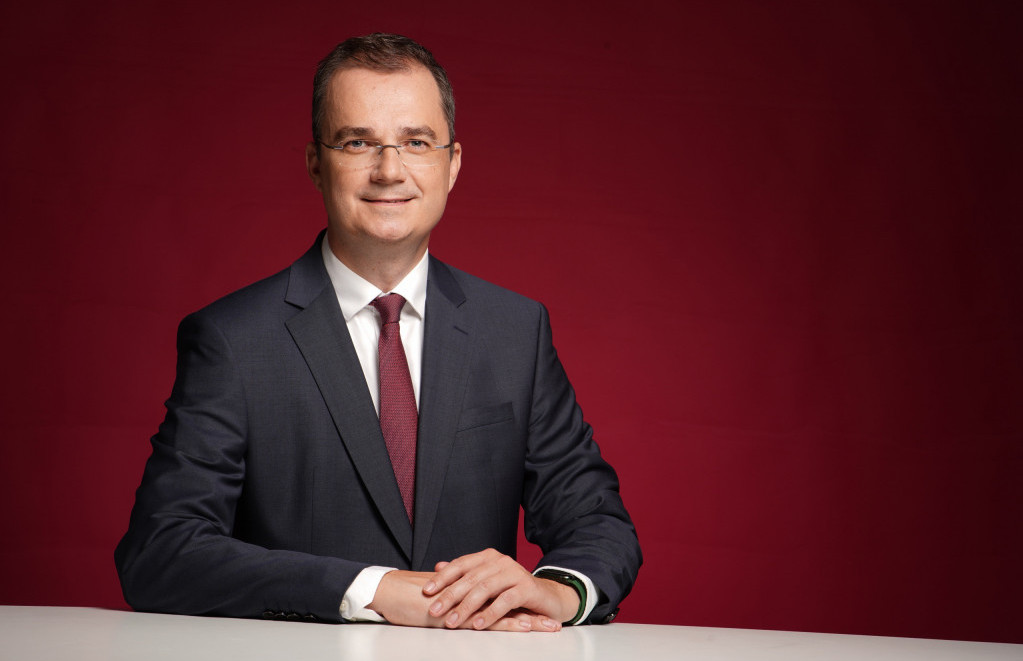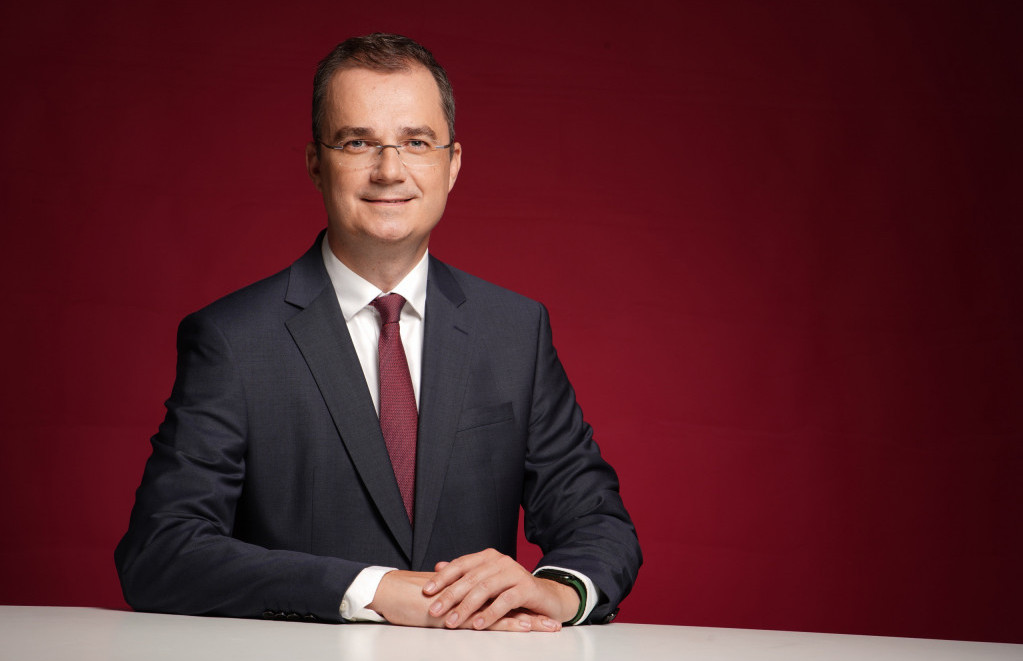Geopolitical events, as well as the global cycle of tightening monetary policies of central banks, caused the slowdown of global economic growth below the medium-term potential and should amount to around 3% in 2023 according to the latest IMF projection. Inflation has been on a downward trajectory for the last few months and should return to the target range (1.5-4.5%) in the second half of next year in most countries affected by inflationary pressures. Considering that we are a small, open, energy-dependent economy, the situation in Serbia was not much different. The key macroeconomic indicators that dictate the climate in the business environment in our country are at a stable level. Although the economic growth in Serbia was somewhat weaker than expected, solid export growth contributed to the level of around 2%. The reduction of the balance of payments imbalance (growth in exports and reduction in the price of energy) contributed to a net inflow of foreign currency of more than two percent of GDP and led to extremely high levels of foreign exchange reserves of the NBS.
We are currently at the peak of interest rates in Europe and Serbia, while in America there is a small chance for another increase in the reference rate by the end of this year. Inflation has been on a downward trajectory for a long time, so the expectations are that the rates will remain stable for a while, in line with market expectations until the end of the first half of next year. Rates on the money market are at their peak in both EUR and RSD and the expectation is that, depending on the trend of economic activity, they will begin to decline slightly from the beginning of the third quarter of 2024. The government and the NBS adequately controlled inflationary pressures, so there is no doubt that they will continue with a responsible monetary policy, which will reduce inflation in the medium term.
Given that the previous period was marked by uncertainty regarding geopolitical events both in Europe and the Middle East, it is extremely difficult to deal with predictions, but if the current conflicts do not experience further escalation, a year of mild optimism can be expected. High interest rates, especially in Europe, have influenced the slowdown of credit, and therefore economic activity, and there are expectations that there will be a change in the course of monetary policy and a lowering of interest rates in the second half of 2024 in order to promote economic growth, which is also expected in Serbia, but with different drivers of growth compared to 2023. When we take into account that this year the biggest contribution to growth was net exports, expectations are that next year that component will have a negative contribution, while the biggest driver will be domestic demand. The continuation of the positive trend of the inflow of foreign direct investments will result in maintaining the foreign exchange reserves of the NBS and the stability of the exchange rate.
The Serbian banking sector enters 2024 as highly liquid, primarily due to the responsible policy led by the NBS. The trend of consolidation of the banking market continued, which is expected in the next year as well. Nevertheless, despite all the above-mentioned events, the year 2023 showed that the domestic economy and the banking sector remained stable. UniCredit Bank managed to achieve positive business continuity, successfully following all the changes in the market, as well as the challenges we encountered both at the global and local level. The trend of good results continued, both in the population sector and in the business sector. In addition, the overall growth of the loan portfolio was achieved and the market share in deposits of natural persons increased. In the segment of corporate banking, we remained a reliable partner and the first choice for as many as 75 of the 100 best companies in Serbia, placing a special emphasis on the quality of the loan portfolio and green financing while continuing to grow the client base. We are one of the pioneers and among the leading banks in Serbia when it comes to green financing, while we are the market leader when it comes to financing wind farms. The market share of our bank in financing green investments exceeds our total market share. In cooperation with international financial institutions, we enable small and medium-sized enterprises to access financial resources for investing in green technologies and energy efficiency, for investing in the improvement of their business and reaching EU standards, which is crucial for the inclusion of small and medium-sized enterprises in the European supply chain. In 2024, our plan is to dedicate ourselves even more intensively and invest in solar energy projects, following domestic and European regulations and changes that are taking place in that field, strengthening advisory support to clients in the adoption of ESG standards with the support of our Group's top international expert team. Throughout 2023, we worked intensively on digitization and transformation to unlock the entire potential of our bank. We essentially put the client at the center of everything we do, and we will do so even more intensively in the coming period. We will actively continue with the digitization of our services, in order to provide clients with more opportunities to facilitate their daily cooperation with us. A very successful year is behind us, and even more ambitious plans await us in the next one.












.png)